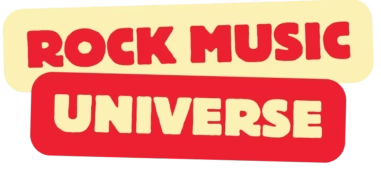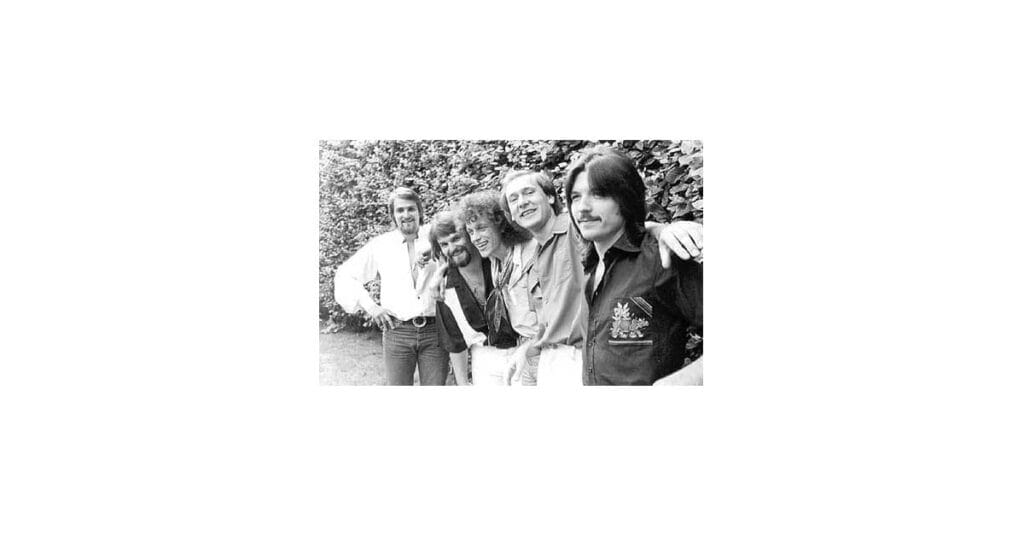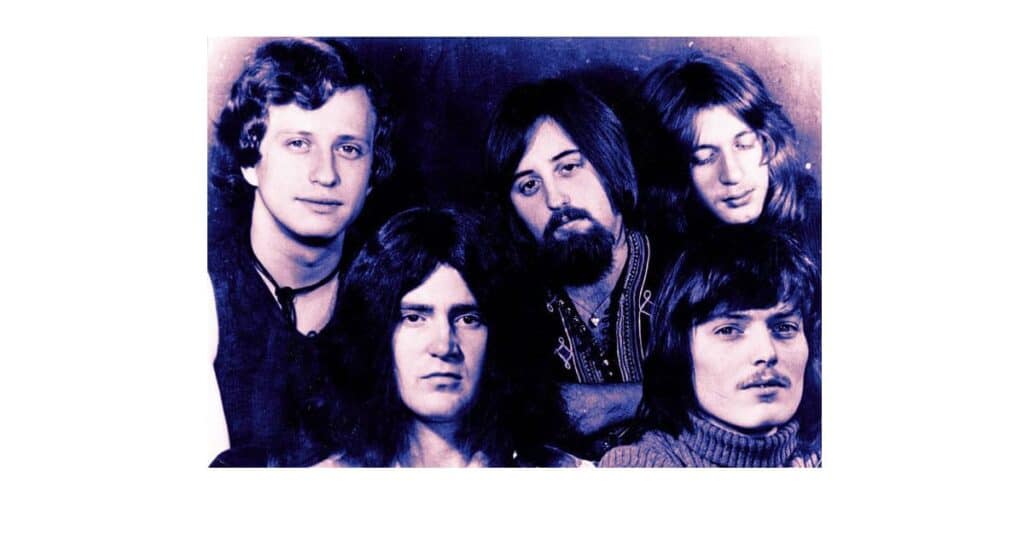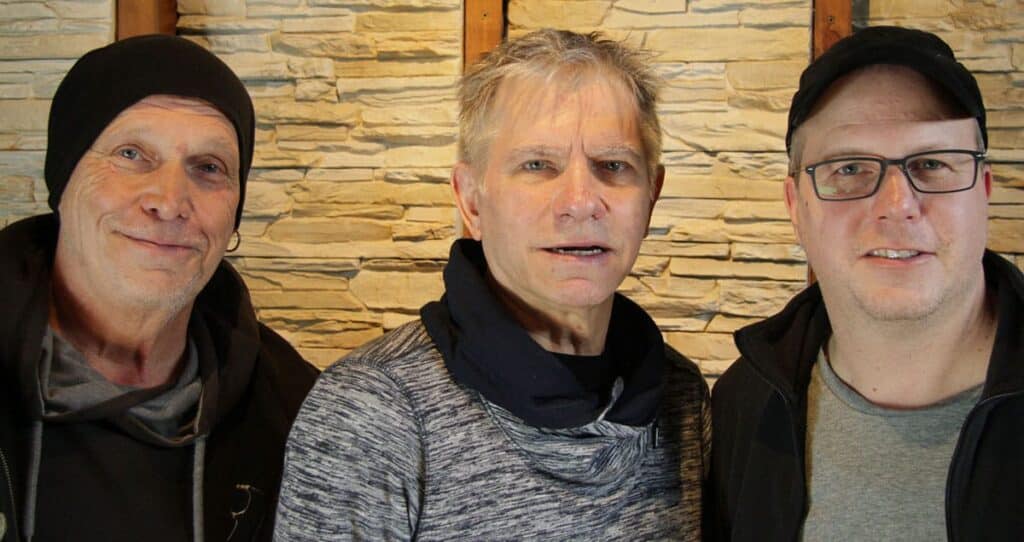Novalis
Novalis was a German progressive rock band that emerged in the early 1970s, known for their melodic and symphonic approach to rock music. They were part of the broader Krautrock movement but are recognized for their distinctive blend of progressive rock and melodic elements. Formation and Origins Formation: Novalis was formed in 1971 in Germany. […]





